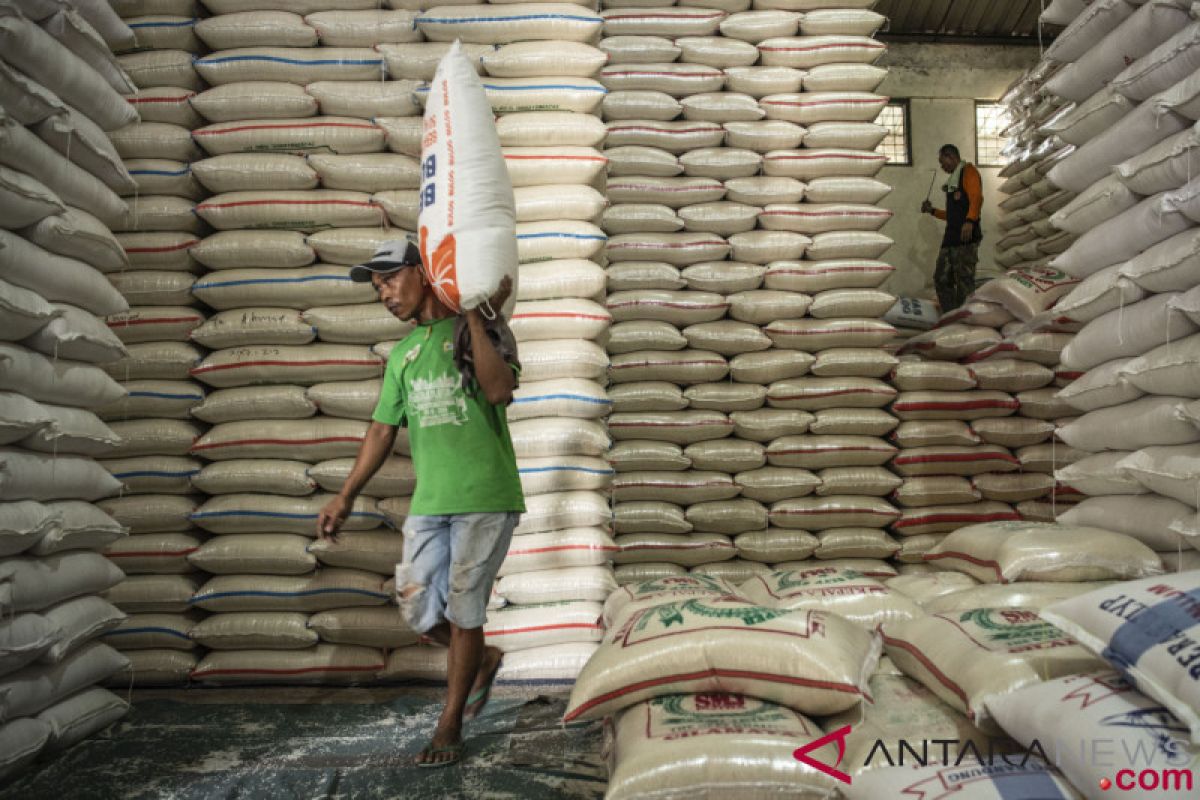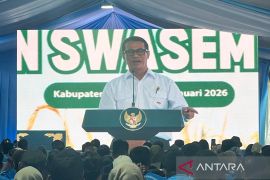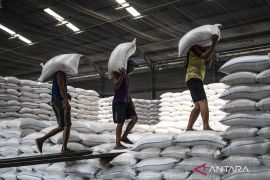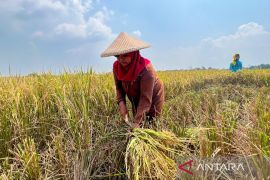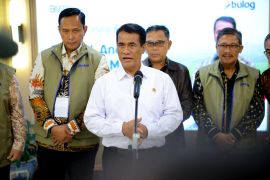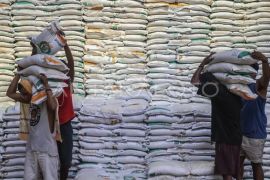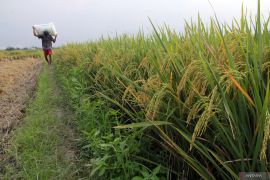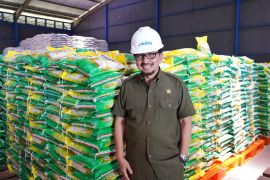"The government must guarantee the availability of stock because there is rice shortage in a number of regions in Indonesia," Ilman said here on Thursday.
He said the shortage of food is feared to affect the delay of planting season in a number of regions, thus also delaying the harvest season which is expected to take place next February.
Based on data from the Meteorology, Climatology and Geophysics Agency (BMKG), drought is currently affecting 11 provinces, 111 districts / cities, 888 sub-districts and 4,053 villages. Most of the affected areas are rice and corn centers, such as East Java, Central Java, West Java, South Sulawesi, West Nusa Tenggara, Banten, Lampung and several other provinces.
For this reason, Ilman stated that the government must be able to guarantee that the rice stock in state-logistics board (Bulog) is still sufficient so that imports do not need to be carried out until the end of the year. However, the existing supply must also be sufficient until the arrival of the harvest season by considering some of these things.
???? "Considering these conditions, the government needs to ensure that the rice stock in Bulog`s warehouses not only has to meet demand until the end of the year but also suffices until the next harvest. Using the price parameters to see the amount of rice supply is very important in this case," Ilman explained.
He also stated that in order to keep rice prices stable and still within reach of the community, the government needs to estimate rice demand well. If the stock owned by Bulog has been depleted at the beginning of the year and threatens to increase prices drastically until the harvest period arrives, importing rice is worth considering.
Earlier, Coordinating Minister for Economic Affairs Darmin Nasution said that harvested area and rice production data from the Central Statistics Agency (BPS) could help the government make the right decisions.
"We see that policy will be more appropriate," Nasution said in Jakarta, Wednesday (Oct 24).
Nasution said, through the provision of data on rice supplies that are more precise and accurate, decisions taken by the government are not late, as happened at this time.
The minister said the current condition of rice supply was slightly stagnant so that the price of food commodities had increased in the September-October period.
This hampered supply of rice that can cause an increase in inflation, such as in the Philippines which is late in adding stocks through imports.
"The Philippines does not want to import this year, but last August the inflation was above six percent, whereas usually it was at most two percent," he said.
Reporting by Muhammad Razi Rahman
Editing by Andi Abdussalam
Reporter: Antara
Editor: Fardah Assegaf
Copyright © ANTARA 2018
